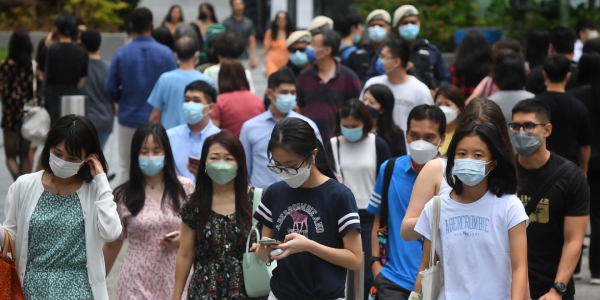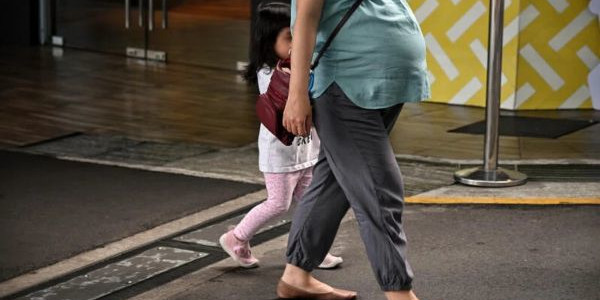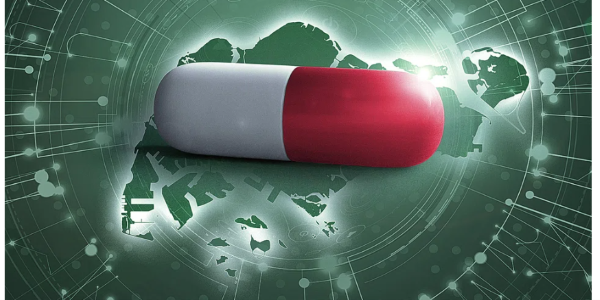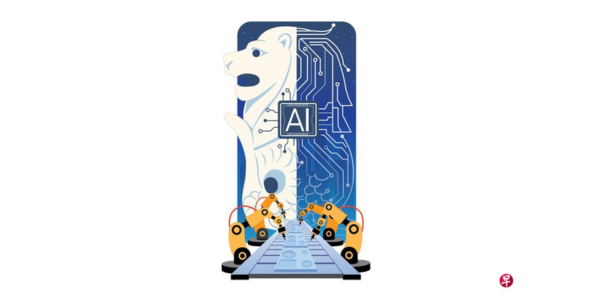A*STAR NEWS
Crossing The Valley Of Death In Drug Discovery And Development
By Dr Ang Hwee Ching, Deputy Chief Executive Officer, Experimental Drug Development Centre
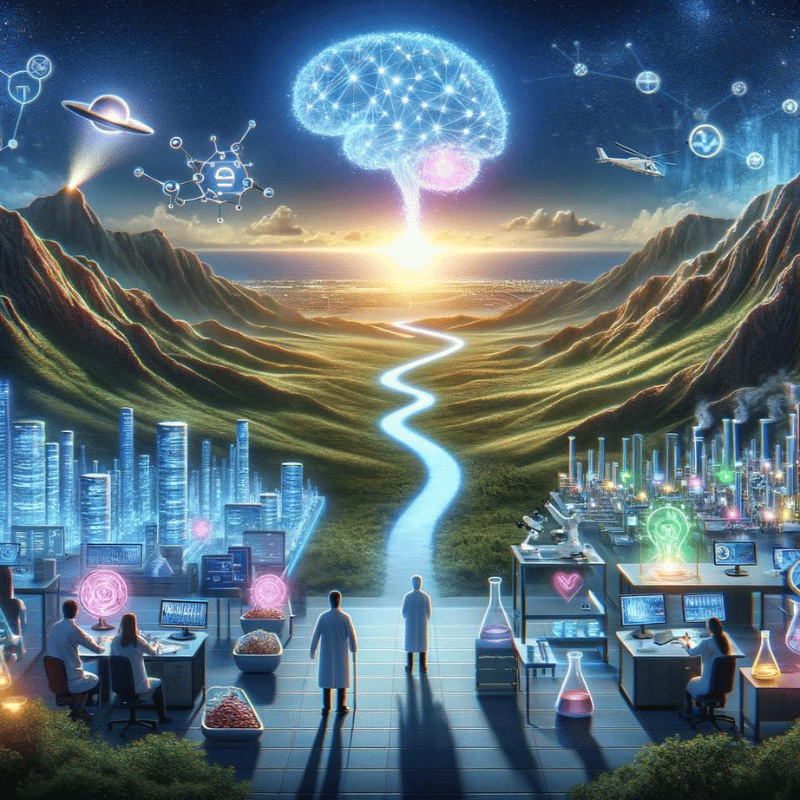
This image was generated with the assistance of AI.
Pembrolizumab is a game changing cancer drug which mobilises the human immune system to fight disease and target different tumour types. It was first approved in September 2014, and in 2022, generated nearly US$21 billion in sales, reaching many patients worldwide. However, it was not a linear journey from the lab to the bedside. You could almost say it was discovered accidentally when scientists were researching for drugs to suppress the immune response in patients with autoimmune disease. The early research programme which eventually led to the product was nearly shut down at some point.
Such winding paths demonstrate the challenges facing drug discovery and development. It is a costly process fraught with failure. Bringing a new medicine to market costs over US$1 billion (about S$1.3 billion) and can take up to 14 years, and 86 per cent of drug candidates developed between 2000 and 2015 did not meet their targets, according to studies. From target identification and validation to preclinical studies, clinical trials and regulatory approval, the path is rife with uncertainties.
Overcoming these challenges requires continuous innovation, multi-disciplinary collaboration, a strategic approach to leverage technology, and most of all, the human will to make projects succeed.
Drug discovery and development has a promising trajectory in Singapore, thanks to the government's sustained investments in biomedical R&D. The Singapore government has collaborated with partners to build a strong foundation in biomedical sciences. It has set aside funding for R&D, nurtured talent, and fostered a vibrant deep tech ecosystem through institutes of higher learning, academic medical centres, hospitals and investments in other organisations and platforms. Key to this effort is Biopolis, the centrepiece of Singapore's biomedical research, and a hub for cutting-edge biomedical R&D. It is home to many public research institutions and corporate R&D labs across a range of fields, including bioinformatics, immunology, and genomics.
A promising trajectory: Singapore's biomedical industry
Singapore has witnessed an uptick in locally developed assets advancing in human clinical trials, which are attracting interest from big pharma. For example, Boehringer Ingelheim partnered Singapore-based biotech Enleofen to develop therapies for a range of fibrotic diseases by advancing Enleofen's interleukin-11 (IL-11) drug. Singapore's Experimental Drug Development Centre (EDDC) is also advancing its EBC-129 antibody drug conjugate into human clinical trials, having obtained approval from the U.S. Food and Drug Administration last year.
COVID-19 pandemic was a clear, if poignant, example of how Singapore played a significant role on the global stage of drug discovery and development. Together with the DSO National Laboratories, and others, EDDC developed neutralising antibodies against SARS-CoV-2 as a potential therapeutic for COVID-19. EDDC also has been developing broad-spectrum antivirals against coronaviruses.
Driving breakthroughs with data and accelerating the momentum
Singapore takes a long-term approach to biomedical R&D. Take the 10-year National Precision Medicine programme that started in 2017. In its first five years, researchers established a database containing the complete genetic data of 10,000 healthy Singaporeans as a reference for studies and experiments. This has helped to reveal genetic variations in disease risks and drug reactions across Asian ethnicities. The programme is now generating the genomes of 100,000 healthy Singaporeans and 50,000 Singaporeans with specific diseases, and aims to sequence the genomes of up to a million people, to provide more data that could support drug discovery and development.
Singapore has also compiled and is expanding massive, good quality biomedical-related datasets, such as through longitudinal studies that track participants over time. Many of Singapore's datasets have the unique advantage of focusing on the generally under-studied Asian phenotypes, which could enable scientists to develop more effective drugs and therapeutics for the Asian population.
EDDC is Singapore's national platform for drug discovery and development, and works with universities, academic medical centres, investigational medical units, regulators, incubators and local biotechs to translate scientific findings into medicines.
How does EDDC accelerate the translation of R&D and bridge the drug development gap? Through working with partners to run preclinical 'killer experiments' to validate the link between the function of a drug target and a disease, and explore the use of potential drug molecules in vitro and in vivo. EDDC has worked with partners to translate molecules into investigational drugs in the clinic. In these projects, EDDC scientists, on our own or with partners, have invented these drug candidates and overseen studies to validate their safety and efficacy.
EDDC actively partners companies with complementary or specialised expertise. One example is XtalPi which uses AI to discover novel treatment candidates for non-small cell lung cancer (NSCLC). EDDC also actively seeks pharmaceutical and biotech partners to run large clinical trials necessary for regulatory approval and registration of a drug for commercial sale.
Into its fifth year of operations, EDDC has translated vaccines and molecules into the clinic, for cancer and infectious diseases.
Shifting the needle in drug discovery
Moving forward, technologies such as automation and AI will play an important role in improving the speed and robustness of the drug development process. For example, researchers can use automation to increase throughput of experiments and reduce contamination, and use computation and AI to predict protein and RNA structures, design drugs, repurpose existing drugs, and provide modelling and simulation to drive down costs.
Leveraging advanced technologies like AI and investing in proprietary, quality data will increase our probability of achieving breakthroughs in addressing complex and challenging diseases. We also need passionate scientists and clinicians to take promising projects forward, even when faced with hurdles. EDDC will continue to serve as a cornerstone of Singapore's efforts to translate cutting-edge research into viable therapeutics. While drug discovery remains a challenging quest, I believe Singapore is well placed to play a pivotal role in bridging the drug development gap.
Was This Article Helpful ?
A*STAR celebrates International Women's Day

From groundbreaking discoveries to cutting-edge research, our researchers are empowering the next generation of female science, technology, engineering and mathematics (STEM) leaders.
Get inspired by our #WomeninSTEM

